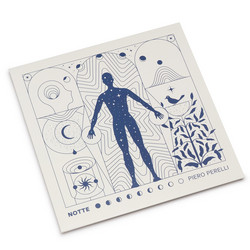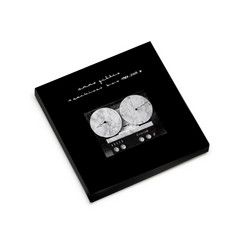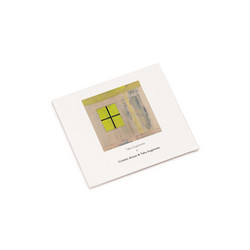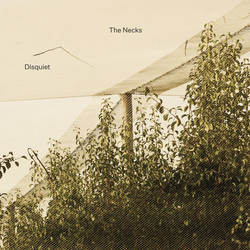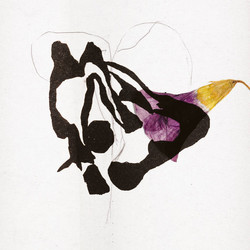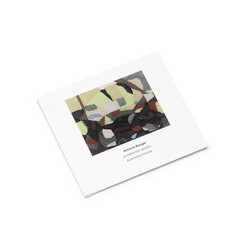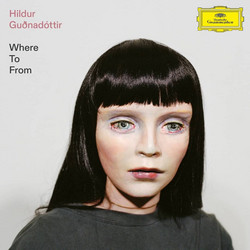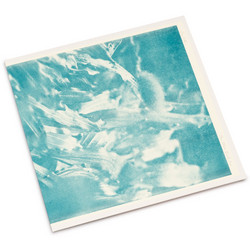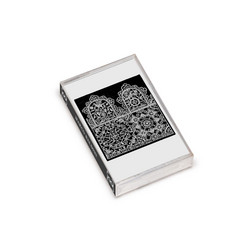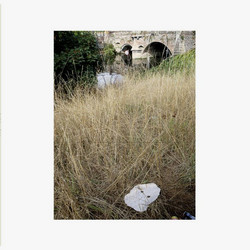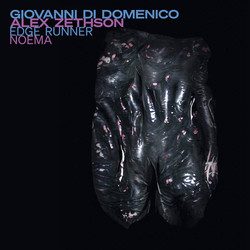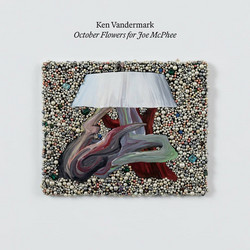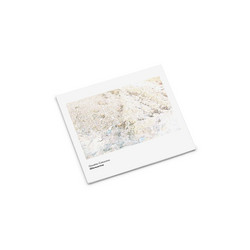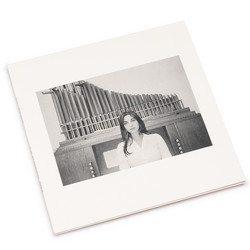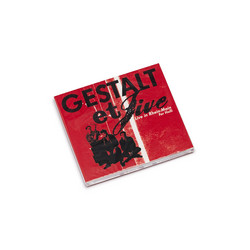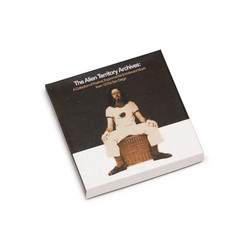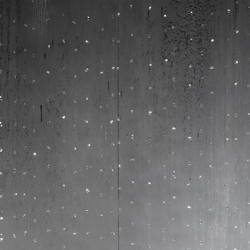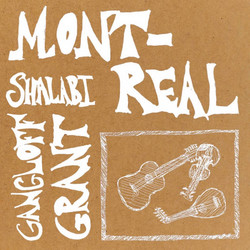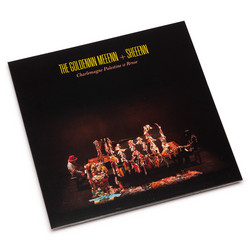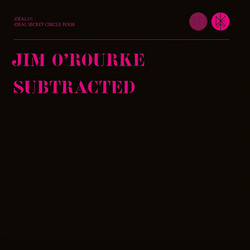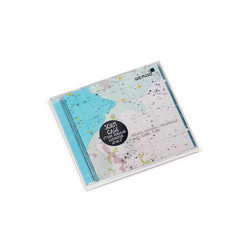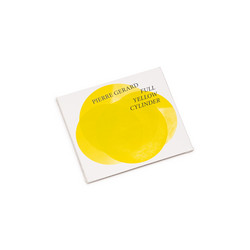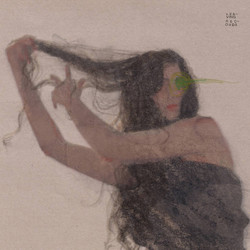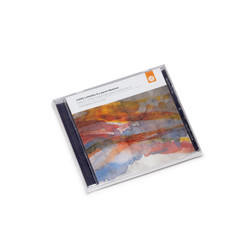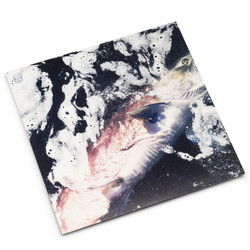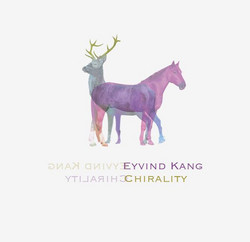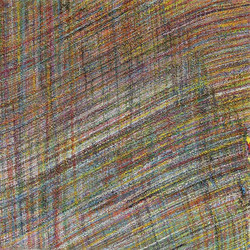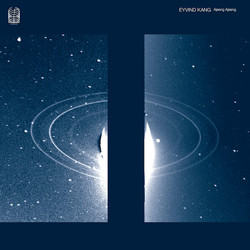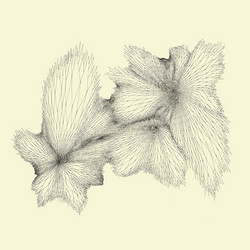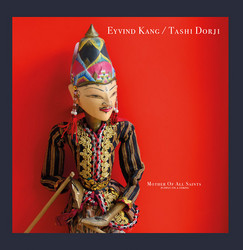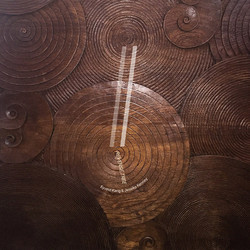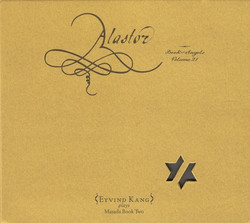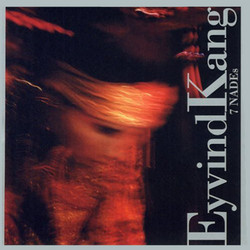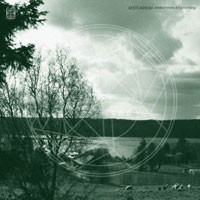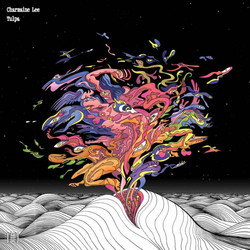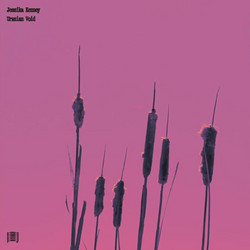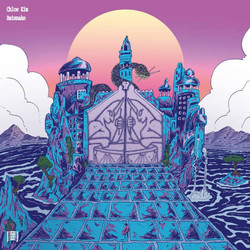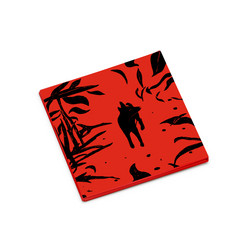With Riparian, Eyvind Kang continues his persistent investigations into the edges of musical form and geography. The album, produced by Randall Dunn and set for release on Kou Records, comprises two long movements—“Riparian A” and “Riparian B”—totaling just over 37 minutes. As the title suggests, the record operates in the liminal zone between elements, drawing inspiration from the shifting borders where rivers meet land. Kang, whose enduring catalog defies easy categorization, here returns to the viola as his central instrument, constructing an intricate suite that drifts between drone, subtle melody, and understated chamber interplay.
Reflecting Kang’s fascination with transitional states, Riparian foregrounds music as process and interface: each motif rises from and dissolves into gentle washes of timbre, echoing the unpredictable rhythms of currents and erosion. Dunn’s clear yet atmospheric production accentuates the album’s organic palette, illuminating melodic figures as they emerge from the ensemble’s interwoven textures. Kang’s command of the viola is evident in his use of sustained tone, microtonal inflection, and cyclical gestures—tools that build a mood of gently insistent transformation rather than dramatic contrast.
Composed with an eye toward the aesthetics of deep listening, Riparian rewards patient engagement. While rooted in chamber music traditions, Kang’s harmonic world slips readily into zones of improvisation and atmosphere, registering as meditative but never static. Veterans of his earlier works, such as The Narrow Garden or Ajaeng Ajaeng, will discover familiar modes—extended drone, modal lyricism, hints of multiplicity folded into a single line—but here re-composed within a new environmental consciousness.
